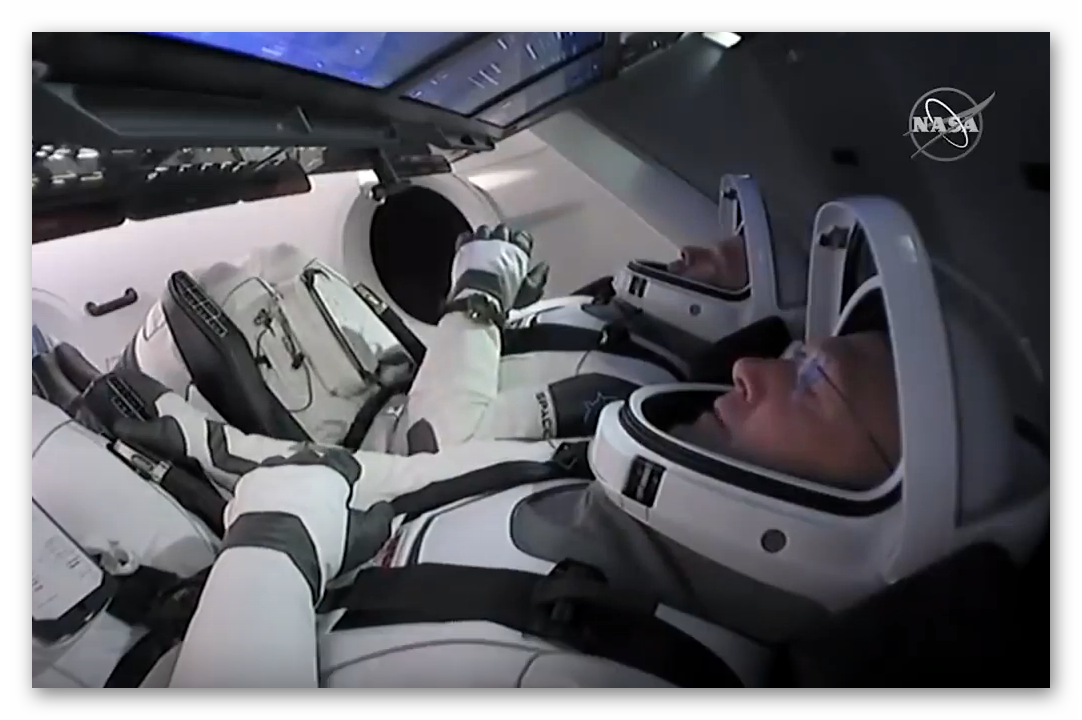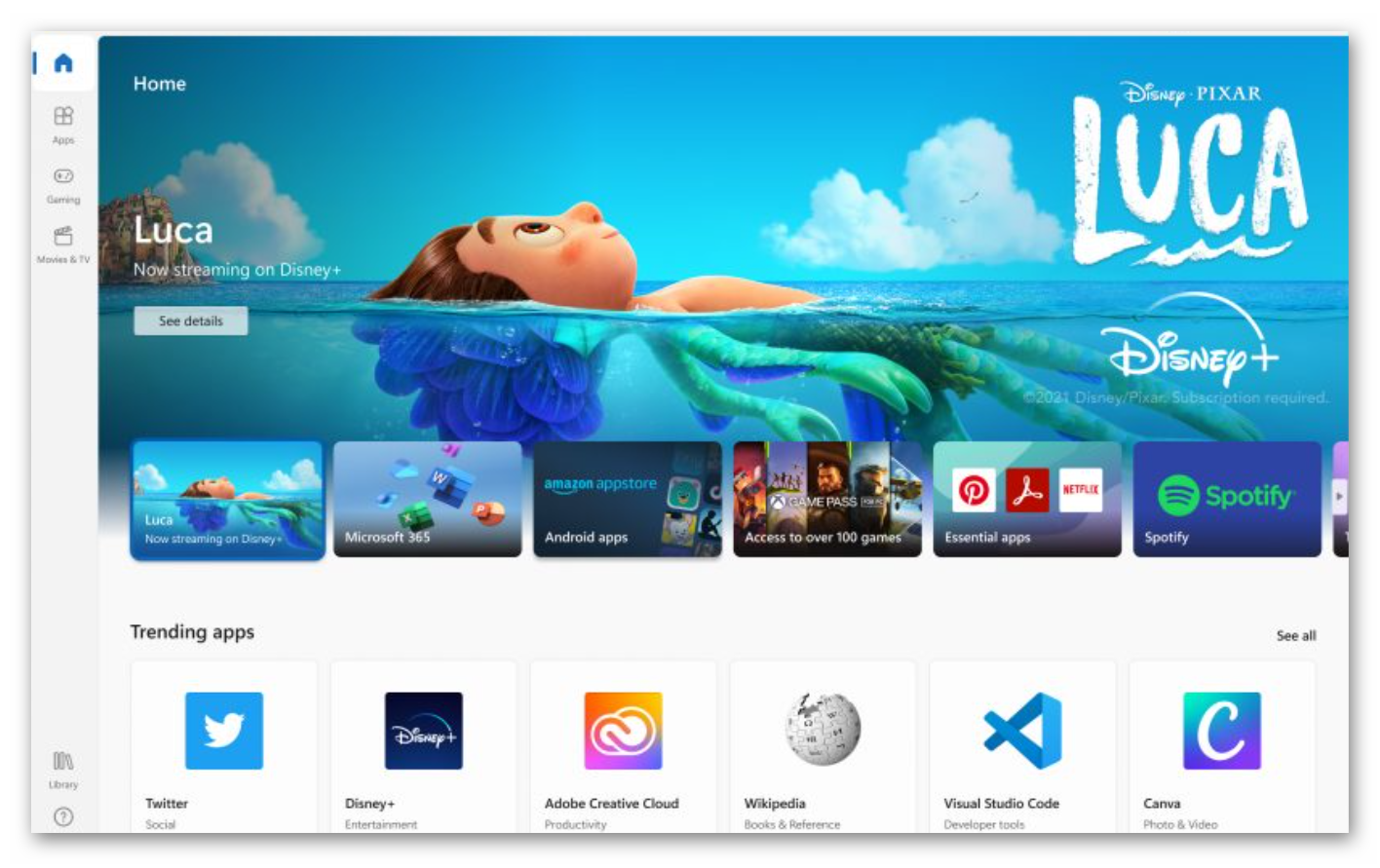
The space race is on. For decades there was no real interest in the further exploration of space and space travel in particular. But recently this has changed dramatically. It now seems like every country and wealthy entrepreneur is trying to win the race for space.
Launch control dragon loud and clear. These two American astronauts spent more than two months in space. Their launch was the first manned launch from the u.s in 10 years.
This rocket was launched by Elon Musk. Musk had not only done something that it was previously thought that only the governments of superpowers could do. Robert Zubrin author of the case for space points out that private companies now do what NASA couldn’t even imagine doing, send people into space at lower cost. This is the potential of free enterprise.
NASA did send astronauts to the moon we set sail on this new sea, because there is new knowledge to be gained (JFK). We wanted to astonish the world with what free people could do, but after that success NASA became a typical government agency over budget behind schedule. Like Lockheed martin, where Zubrin worked and where he discovered a way for this rocket to carry twice as much weight, it doubled the payload capability for 10 extra cost. NASA pays contractors, development costs and then adds 10 profit.
The more projects cost the bigger the contractors profit. You have good people engaged in cost maximization because you just gave them incentive to do that. We have not been good at maintaining schedule and we have not been good at maintaining costs and they aren’t good at innovating. Governments never are. Only recently did the pentagon stop using these floppy disks astronauts would bring their laptops with them in space because the shuttle computers were obsolete when they saw that the astronauts were bringing their own computers.
Why didn’t they upgrade because they had an entire uh philosophy that various components had to be space rated and the process of space reading something was very bureaucratic and costly. Costly was okay with NASA as long as spaceships were assembled in many congressman’s districts. In some ways NASA is a very large job program, aerospace lawyer, James Dunston, by spreading its centers across the country. NASA can get more support from more different congressmen. Welcome you back to Texas, it’s, been lots of money anytime, but now private competition has lowered the cost of getting the space.

Eleven years ago an Obama committee concluded building a rocket as powerful, as this would take 12 years and cost 36 billion dollars, mustered it in six years for less than one billion dollars, because it was his money. Innovation was reusable rocket boosters for years, NASA dropped theirs into the ocean.
If you had to get a new plane every time you flew somewhere, very few people could afford to fly so he found a way to have them land safely, so they can be used again. Zubrin suggested that to his bosses 20 years ago,
I went to a vice president and I pitched it to him and he said yeah.
They want to keep the cost of Space launch high, but now that there’s, a list of competitors launch prices are crashing. Also Chinese Spacex, one of these building satellite launching rockets, but Musk, is testing still newer ideas. By the time the Chinese copy him and have something as good as what he has now. He’ll, have something better like starship, his bigger spacecraft taller than the statue of liberty. It’s meant to take people to mars and back with a system like starship, you could travel on earth from anywhere to anywhere in less than An hour flying through space because there’s, no friction in space. Let’s, celebrate the entrepreneurs who break government’s old rules and take us to new places, reigniting the dream of space.

Carl Riedel is an experienced writer focused on using Open Source Intelligence (OSINT) to produce insightful articles. Passionate about free speech, he leverages OSINT to delve into public data, crafting stories that illuminate underreported issues, enriching public discourse with perspectives often overlooked by mainstream media.





